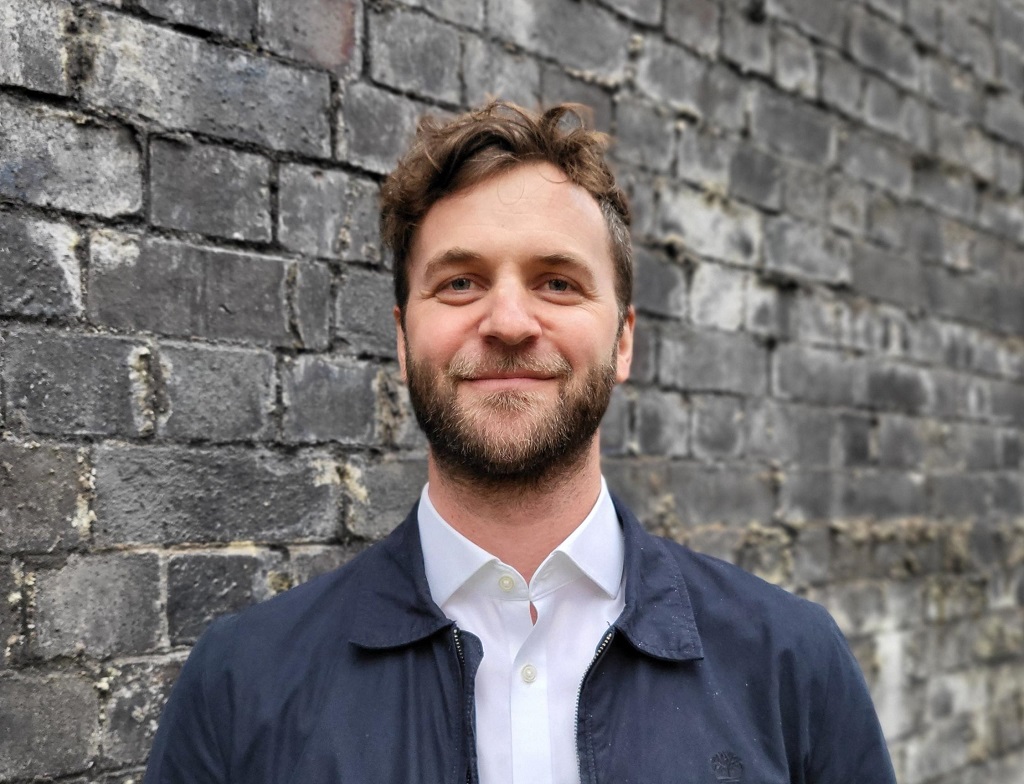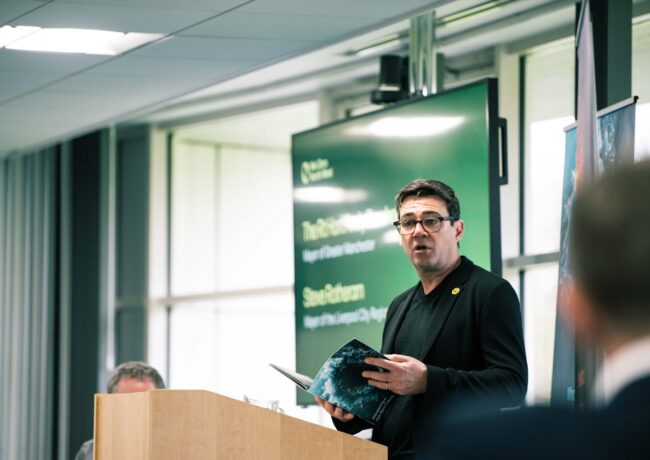Think local, act local
 The emerging localism framework will make the delivery of new waste facilities even more difficult – but brings opportunities too, writes PPS Group's Rebecca Eatwell.
The emerging localism framework will make the delivery of new waste facilities even more difficult – but brings opportunities too, writes PPS Group's Rebecca Eatwell.
The case for development of new waste infrastructure in the UK has never been so urgent but the delivery of facilities is still beset with problems of public perception and nervousness of local politicians who have to balance their role as representatives of their wards with delivering effective, economic waste management strategies.
In an industry defined by legislation, waste treatment companies wanting to develop new facilities have received little support from government in terms of making the planning process more streamlined and effective.
As waste infrastructure developers look in envy at the energy generation companies and their critical infrastructure status, meaning planning applications are decided on a national level, the majority of waste treatment facilities are still decided by local planning committees. Councillors can come under intense pressure from local residents' groups, campaigning local newspapers and national campaign groups.
Anyone who follows the sector will have seen campaigns against facilities proposed in Cheshire, Salford and Trafford recently.
In the short term things are not likely to get any easier.
The government's Localism Bill, which is expected to receive Royal assent later in the year has already galvanised local anti-development campaign groups emboldened by the spirit, if not the actual wording, of the bill.
Despite views to the contrary, there is no provision in the bill for local groups to prevent different types of development simply because they do not want them in their neighbourhoods. While there are new mechanisms for local views to be registered and a statutory requirement to engage people in meaningful consultation, these will not trump any other material consideration.
The statutory requirement for pre-application consultation is a double-edged sword. While most developers are already undertaking consultation on developments way below the proposed thresholds, its status on the statute book makes their planning and delivery legally challengeable.
Similarly, the end of the predetermination rules means that developers can discuss their proposals with planning committee members. But it also means that other parties can too. We'd expect to see committee members coming under even more pressure to explain their view on proposals prior to formal planning applications being submitted.
Despite the best intentions of developers, community funds have cynically been viewed as little more than bribery but the redirection of meaningful amounts of community infrastructure levies direct into those neighbourhoods where development takes place, is another area where developers will see opportunities to generate community support.
Achieving that community buy-in is at the heart of the new vision of a simpler and more effective planning system envisaged under localism. Whether this is achievable for waste facilities remains to be seen but what is clear is that developers must engage – engage earlier and engage more thoroughly.



